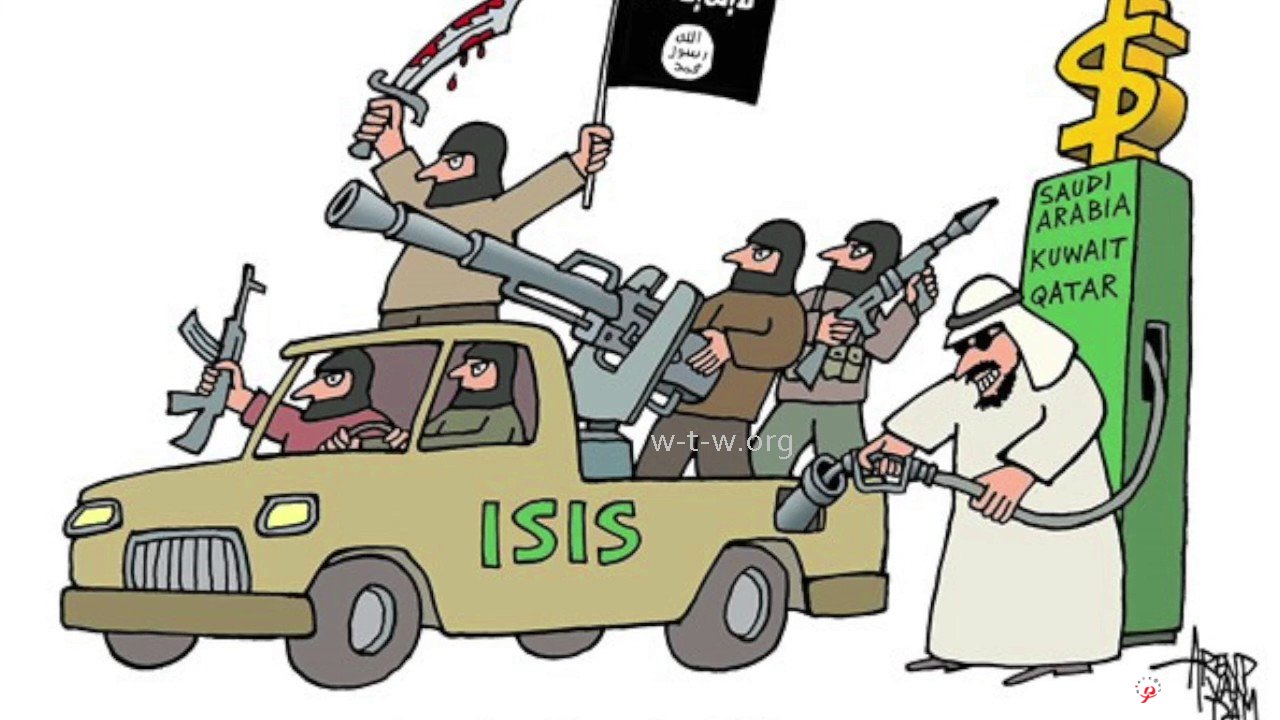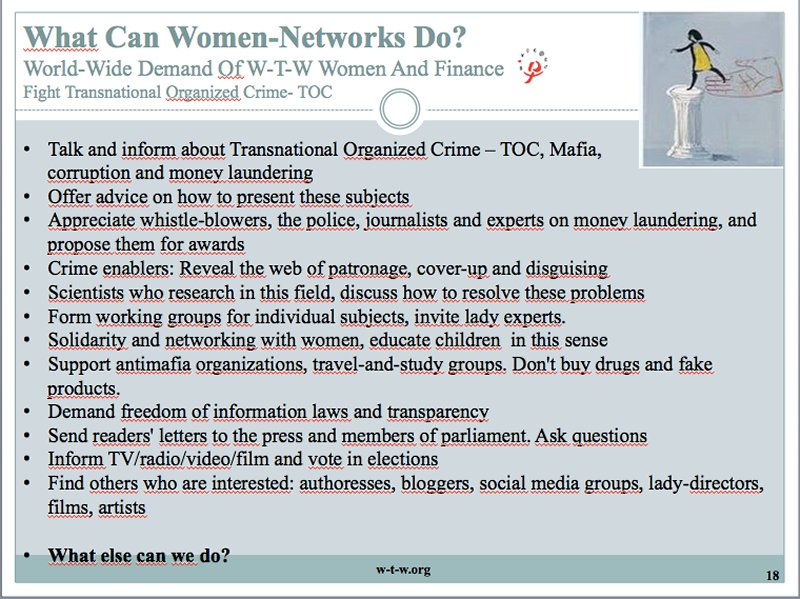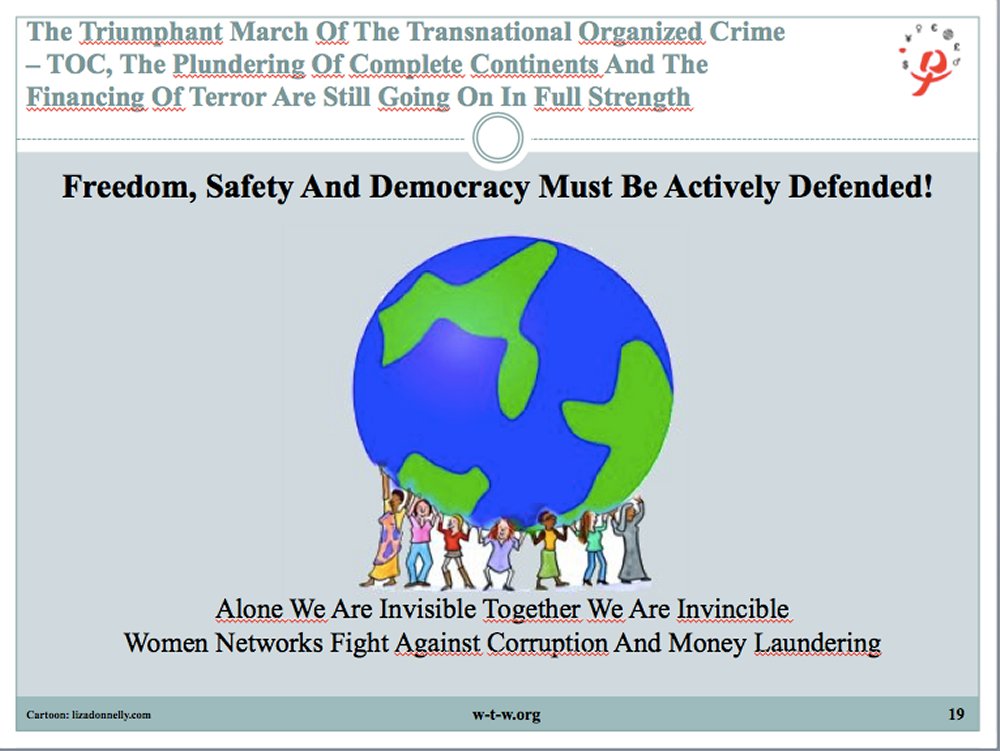On 20 June 2019 Congressman Robert Pittenger and Hon. Sonia Krimi hosted the 14th Parliamentary Intelligence-Security Forum in Paris France. This forum has provided the opportunity for Members of Parliament throughout the world to learn from experts and each other about issues of national security particularly in reference to counter-terrorism efforts. These forums have not only shared critical information but encouraged co-operation between governments, private, and public sector organizations.
The 14th forum aimed to address the growing concern about the relationship between countering terrorism and the financing of terrorism. The conference discussed where terrorism currently stands, how it functions, and how the international community can counter terrorist financing methods. While this forum highlighted several terrorist organizations, for the purposes of this article, the focus will be on the discussion surrounding Jihadist terrorist movements.
The terrorism threat has changed dramatically over the last several decades. With huge population growth in areas without access to markets and vulnerability of states in the Middle East and Sub-Saharan Africa, the rifts in the Jihadist nebula have primed areas to recruit and act. There is no longer one state, but insurgencies in previously nonimpacted areas all which create a larger global network and establish roots in strategy. While the aims of the different fissures in this network differ, they are beginning to develop new strategic priorities to determine to focus on close or remote enemies.
Women also act as perpetrators and supporters of terrorism, as we have seen recently that there has been an increase in attention to female foreign terrorists fighters traveling to (and returning from) conflict zones. This radicalization of the role of women in spreading this terrorist network, while under-studied, is a crucial component to the spread of global jihadist network and changes in strategic movements in the variety of groups and networks.
This shift has come with new approaches to the tactics of terrorist groups. There has been a rise in the myth of the Caliphate in the Middle Eastern region, perpetuated by leaders who allow this myth to expand. Alongside the growing reliance on social media, terrorist groups are able to reach more individuals, create a larger network, increase visibility, and dissolve information with ease. This larger global system is then bolstered by a marriage of convenience between terrorist groups and gangs, mafias, and other crime organizations. This convergence has increased the amount of illicit money and terrorist financing (through money laundering and other illegal methods).
Women have played a key role in this new type of terrorism and the justification of illegal financing in these groups. As these groups tend to have a foundation in purity, through the twisting of the Quran they are able to make trafficking and laundering acceptable to support their efforts. Women have served as a compliment to this system and used to support this financing process providing both practical support and justification in these financing methods.
The rate of terrorism and the illegal funding of these organizations can be worsened by economic exclusion which weaken states and make them vulnerable to terrorist attacks. Further, there are new methods of warfare which can be quicker, larger scale, and of greater intensity than previous terrorist methods. The international community must act swiftly to address these new risks and rely on coordination between governments and the private sector.
To fight this terrorism, we cannot rely on conventional warfare. There is a significant difference in the strength of states and terrorist groups benefit from over-reaction from states. Therefore, lethal methods must be a last resort and we should first aim to stifle terrorism at its start- specifically in terms of financing. The international community should emphasis AFL/CFT regulations to reduce reliance on money laundry and create strong financial structures in states to monitor money laundering. Women’s unique roles in societies can serve as an important role in order to enhance the effectiveness of these type of policies. In order for this defense style to work, we must reduce disunity between democracies to ensure clear communication and collaboration to end terrorist financing.
When addressing counter terrorism financing rules, it is crucial to consider the impact which these laws may have on women. For example, research has demonstrated that counter-terrorism financial laws can impact women more severely in places where access to the formal banking sector is limited and the rely on alternative remittance system. These areas may also be more highly susceptible to terrorism and counter terrorism laws as weaker states with less access to economic inclusion may be vulnerable. These rules may also increase risks for women’s rights organizations and undermine peace work according to Women’s International League for Freedom.
The 14th Parliamentary Intelligence-Security Forum was an excellent convergence of government representatives and members of the private sector to address this important and rapidly changing nature of terrorism and terrorist organization’s financing. There was an emphasis on the relationship between organizations and governments to create a coordinated approach to stifling the sources of financing in terrorist cases. We must learn from this conference and encourage strong structures AFL/CFT, greater coordination between different groups, and a renewed focus on the nature of counter terrorist financing methods.
Below is a video summary report of the 14th Parliamentary Intelligence-Security Forum in Paris on June 20, 2019 held at the French National Assembly with 180 delegates from 32 countries. We have provided twelve brief interviews of the thirty officials and experts who addressed the forum.






 The fight against money laundering in Canada will require tougher measures that shine a light on the perpetrators who now operate in the shadows, says a new report from the C.D.
The fight against money laundering in Canada will require tougher measures that shine a light on the perpetrators who now operate in the shadows, says a new report from the C.D.




